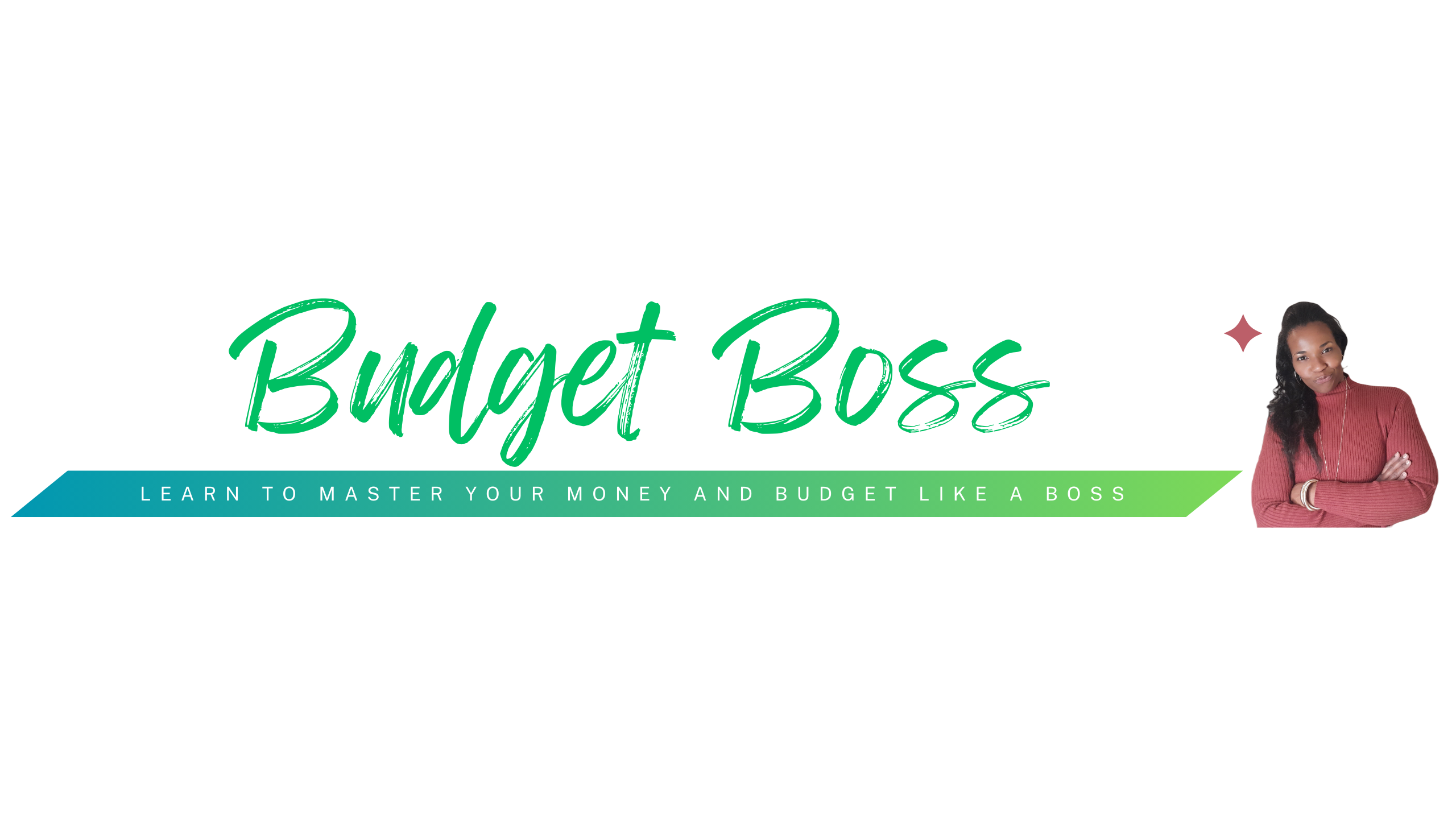
Mastering
the Basics:
10 Tips to Kick-start Your Budgeting Journey
Embarking on a budgeting journey is a crucial step toward financial wellness, and it all begins with mastering the basics—breaking down your income and expenses. Here are 10 tips to guide you through the initial stages of the budgeting process.

Track Your Income:
Begin by understanding your income sources. Compile your after-tax income, including your salary, bonuses, and any additional sources like freelance work or side gigs. Knowing your exact income figure is the foundation of effective budgeting.

Differentiate Fixed and Variable Expenses:
Categorize your expenses into fixed and variable. Fixed expenses include rent or mortgage, utilities, and insurance, while variable expenses encompass groceries, entertainment, and dining out. This differentiation provides clarity and helps identify areas for potential savings.
Create a Detailed Expense List:
List all your monthly expenses, both fixed and variable. This detailed breakdown enables you to identify discretionary spending and make informed decisions about where adjustments can be made.
Prioritize Essentials:
Identify essential expenses that must be covered each month. Prioritize necessities like housing, utilities, and groceries. This ensures that critical bills are paid first, giving you a clearer picture of available discretionary income.
Set Realistic Goals:
Establish achievable financial goals. Whether it's paying off debt, saving for a vacation, or building an emergency fund, setting realistic and measurable goals helps direct your budgeting efforts toward tangible outcomes.

Review Past Spending Habits:
Analyze your past spending habits by reviewing bank statements and receipts. This retrospective view provides insights into areas where overspending may have occurred and guides adjustments for future budgeting.
Embrace the 50/30/20 Rule:
Consider adopting the 50/30/20 rule, allocating 50% of your income to necessities, 30% to discretionary spending, and 20% to savings. This balanced approach ensures a proportionate distribution that aligns with financial health.
Establish an Emergency Fund:

Prioritize the creation of an emergency fund. This financial safety net, ideally covering three to six months' worth of living expenses, protects you from unforeseen circumstances and ensures financial stability during challenging times.
Automate Savings:

Make saving a seamless part of your budget by automating transfers to a savings account. This not only simplifies the process but ensures that saving becomes a non-negotiable part of your financial routine.
Review and Adjust Regularly:
Regularly review your budget to assess its effectiveness. Life circumstances and priorities change, so your budget should be a dynamic tool that adapts to your evolving financial situation.
In conclusion, mastering the basics of budgeting is a foundational step toward financial success. By breaking down your income and expenses, setting realistic goals, and adopting key strategies, you can take control of your finances and pave the way for a more secure financial future.
Ready to start your budgeting journey?
Here's a Free Budget Boss Budget Planner Template to help start off fast!!! Happy budgeting : )
